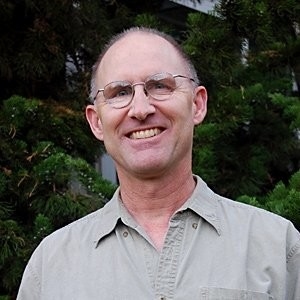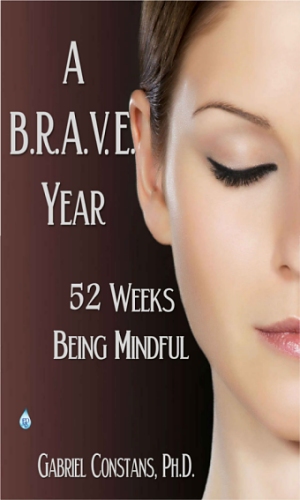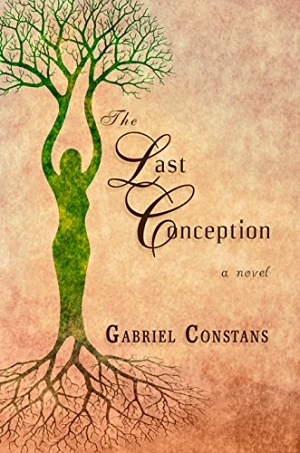Gabriel Constans Interview
 Gabriel Constans has written for numerous magazines, newspapers and journals throughout North America, Europe, Africa and Asia; has many books published in the U.S. and continues to write fiction, non-fiction and screenplays.
Gabriel Constans has written for numerous magazines, newspapers and journals throughout North America, Europe, Africa and Asia; has many books published in the U.S. and continues to write fiction, non-fiction and screenplays.
Dr. Constans has worked as a trauma counselor in a variety of situations and environments, most notably with local and international non-profit organizations such as hospice, the coroner’s office, hospitals, state prisons, the Center for Street Children and the Ihangane Project (both in Rwanda).
Visit Gabriel Constans’ website and Amazon page.
You can also find Gabriel on Facebook,
Goodreads, LinkedIn and on Twitter.
What motivates you to write and how did you get started?
Sharing one’s insights, ideas, feelings, and thoughts with others, through nonfiction and fiction, and perhaps opening the hearts, minds, and imagination of others, is a great motivator. It started for me as a teenager when I wrote and edited an alternative high school newspaper.
What’s most rewarding about writing?
Having an impact, or effect, upon those who read your words.
What’s your favorite genre and why?
It used to be historical fiction because it was a way I enjoyed learning, but nowadays it runs the gamut of pretty much every genre there is. If it’s written well, the genre is irrelevant.

Where do your characters come from?
My characters come from historical figures, bits and pieces of friends and acquaintances, and many years of observing and counseling others. They are also undoubtably compilations of thousands of characters I’ve read about or seen in film.
Who is an author who inspires you and why?
There are many authors that inspire me. In some respects, it is for the same reason with one and all. That reason is that they are able to write about the human condition and life and death, in ways in which I can relate and empathize, regardless of how foreign the situation or individual may be to my personal experience. Such writers include Alice Walker, James Baldwin, Isabelle Allende, Bell Hooks, Agatha Christie, Zora Neale Hurston, Maxine Hong Kingston, Wallace Stegner and Marcy Alancraig.
What do you look for in other people’s books?
When I look at other’s books, I am hoping they are well written (and edited), have a unique voice, and stories that keep me wanting more.
What are you writing now?
I’m currently working on getting additional screenplays produced, and will start on another one (based on another writer’s fictional story) once one of my present scripts is picked up for production.

What kind of book would you like to be known for?
I’d like to be known for books that make one feel, think, and see things from another perspective. Stories that convey the depths of suffering, and the millions of ways we can also express and develop kindness and compassion.
What has writing taught you about yourself?
Writing continues to help me see myself as others may do, and to be honest with what I’m experiencing and witnessing. It provides a means to reflect and create.
How has your life experience influenced your writing?
Life experience (with work at hospice, as a hospital chaplain, mental health worker, and trauma and grief counselor) influences everything I write.
What encouraging advice can you offer new writers?
Keep writing. Write every day. Rewrite, edit, edit some more, give it a break, and then edit it again and again and again. Write what you want to write about, not what others say you should or shouldn’t write. Don’t expect a dime for anything you write, but always negotiate and ask for what you want when offered a contract.
Thank you Cynthia.
Good advice, Gabriel! Enjoyed learning more about you and your books!